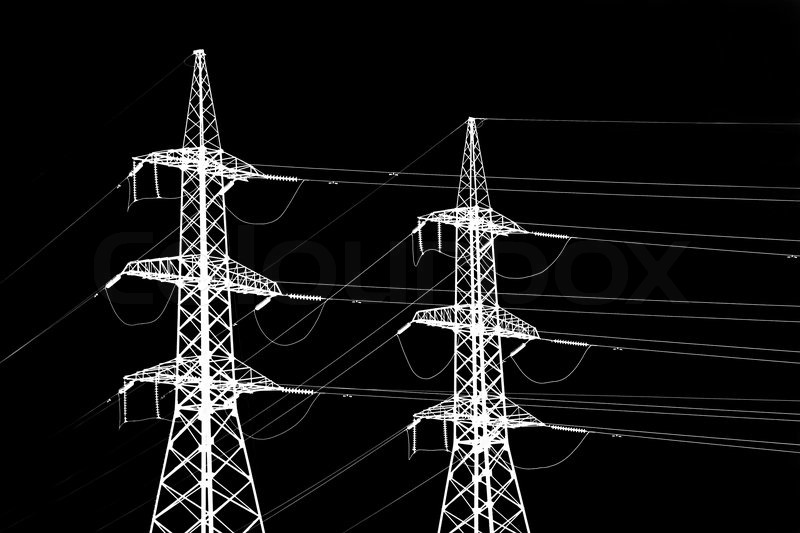- Rainstorms Force Power Generation Down by 1,148MW
Power supply worsened over the past week as generation fell by over 1,000 megawatts amid violent rainstorms sweeping through the country.
Power generation stood at 3,192.20MW as of 6am on Sunday, according to data from the Nigeria Electricity System Operator.
From 4,339.10MW as of 6am on Monday, April 30, the total electricity generation plunged to a low of 2,552.40MW on Thursday, as the number of idle power plants increased to 12 from seven on Wednesday.
Data obtained from the Federal Ministry of Power, Works and Housing on Sunday showed that generation, which stood at 4,185.50MW on Wednesday, fell to 3,019.20MW on Friday, as eight power plants were not generating any megawatt.
The idle power plants are Afam IV and V, Alaoji NIPP, Olorunsogo NIPP, Odukpani NIPP, Gbarain NIPP, AES, ASCO and Trans-Amadi.
The system operator put the installed generation capacity at 11,165.40MW; available capacity at 7,139.60MW; current transmission capacity at 7,000MW; and network operational capacity at 5,500MW.
The nation generates most of its electricity from gas-fired power plants, while output from hydropower plants makes up about 30 per cent of the total.
Unutilised generation capacity stood at 3,710MW on Friday, with 1,905MW due to frequency management occasioned by distribution companies’ load demand; 1,613MW due to gas constraint; 197.8MW as a result of line constraints; and 95MW due to water management.
Meanwhile, the Eko Electricity Distribution Company said it had restored supply to all areas affected by the incident at the Alagbon transmission injection station where a 66MVA transformer caught fire.
A statement by the company on Sunday said the restoration of supply was achieved through the combined efforts of its engineers and their counterparts from the Transmission Company of Nigeria, who were able to quickly effect a perfect back-feeding arrangement, while the repair of the damaged transformer was on.
The EKEDC’s spokesperson, Mr. Godwin Idemudia, said the restoration of supply was a testimony to the quick recovery rate of the company during the crisis period.
The company expressed gratitude to all affected customers and the general public for their cooperation, understanding and sympathy, while the power interruption lasted.

 Forex3 weeks ago
Forex3 weeks ago


 Naira2 weeks ago
Naira2 weeks ago
 Billionaire Watch2 weeks ago
Billionaire Watch2 weeks ago




 Naira2 weeks ago
Naira2 weeks ago




 Naira2 weeks ago
Naira2 weeks ago




 Naira1 week ago
Naira1 week ago




 Naira4 weeks ago
Naira4 weeks ago




 Naira3 weeks ago
Naira3 weeks ago






















